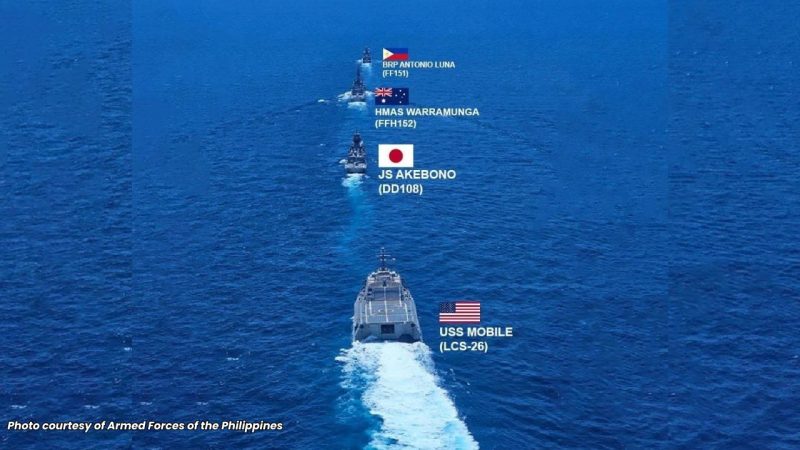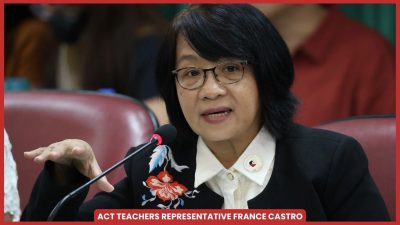MANILA — Experts emphasize that the Philippines requires increased international backing to counter China’s aggressive actions in the West Philippine Sea (WPS).
During an exclusive forum on April 11, organized by the think-tank Stratbase ADR Institute and the United States Institute of Peace (USIP), experts stressed the necessity for broader support from the global community in dealing with China’s assertive behavior in the WPS.
Former Armed Forces of the Philippines (AFP) chief Emmanuel Bautista pointed out that during an incident where the China Coast Guard targeted a Filipino resupply boat with water cannons in Ayungin Shoal last March, only 21 countries expressed solidarity with the Philippines. Bautista emphasized the need for more countries, especially Southeast Asian ones to voice their support.
Acknowledging the absence of an enforcement mechanism for the 2016 arbitral ruling affirming the Philippines’ sovereign rights in its exclusive economic zone in the WPS, Bautista stressed the importance of collective international condemnation to exert social pressure on errant states.
Meanwhile, Dindo Manhit, president of Stratbase ADR Institute, condemned China’s utilization of gray zone tactics to undermine the rules-based international order, citing instances of shadowing, blocking, and other provocative actions.
Manhit underscored the necessity for a comprehensive approach involving the entire Filipino society engaging with the international community to address these challenges effectively.
Brian Harding, USIP’s senior expert on Southeast Asia, noted the escalation of tensions in the WPS in recent months but highlighted the strengthened position of the Philippines, particularly within the context of the deepening US-Philippines alliance and the trilateral cooperation with Japan.
Rosie Levine, a senior program analyst at USIP, highlighted the significance of joint patrols involving the Philippines, the US, Japan, and Australia as part of a deterrence strategy aimed at signaling unity against China’s assertiveness. She emphasized the importance of maintaining this coordinated approach to bolster deterrence against individual pressure tactics.
(el Amigo/MNM)







